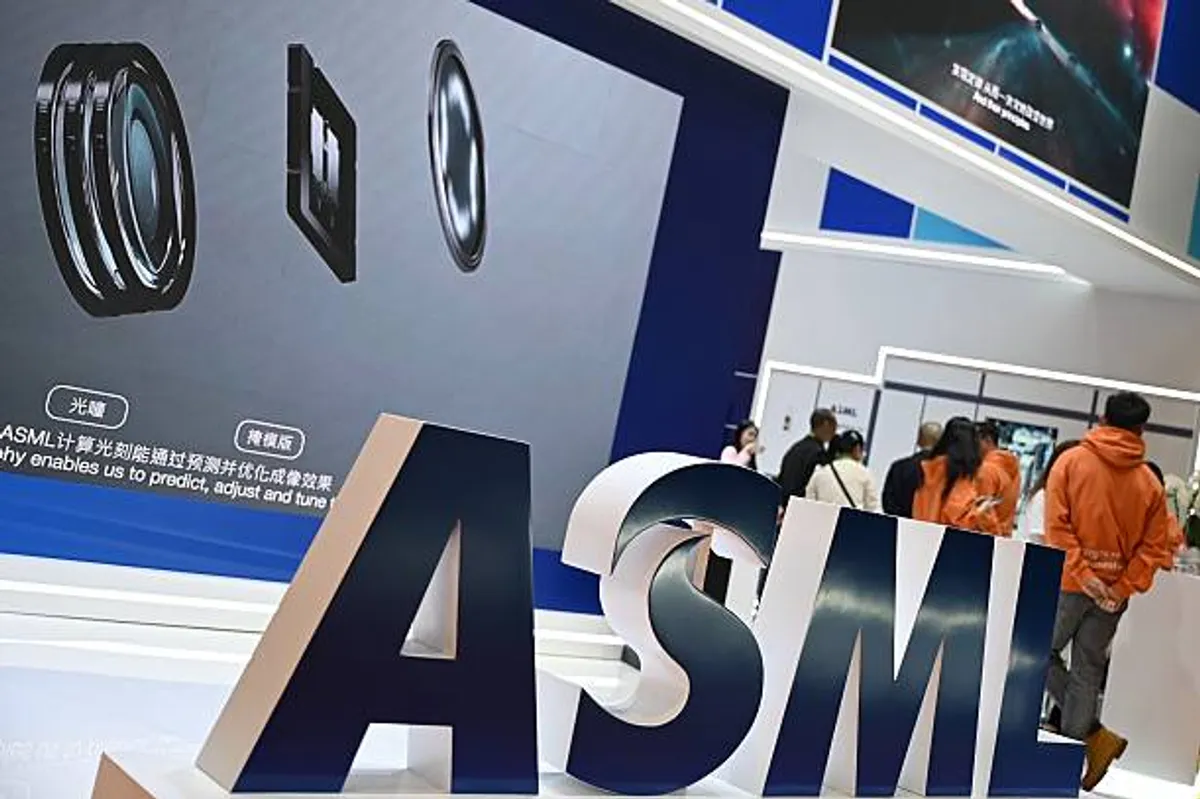Trump’s Semiconductor Tariff Plan Appears to Be Delayed, Officials Say

GeokHub

U.S. officials are now privately signaling that the much-anticipated semiconductor tariffs championed by President Donald Trump may not be imposed anytime soon. The delay marks a shift from earlier guidance and appears rooted in a cautious approach aimed at avoiding a fresh trade confrontation with China.
Sources familiar with internal discussions revealed that senior aides are rethinking the timing of the proposed measures. While Trump had previously announced a potential 100% tariff on foreign-made chips—adding that exemptions might apply for companies manufacturing in the U.S.—those familiar with the deliberations now indicate that a final decision is still being debated.
One of the key drivers of caution is the potential disruption to critical supply chains. Officials worry that imposing steep tariffs could risk Beijing’s retaliation, jeopardizing access to raw materials like rare earth minerals. In addition, there’s concern about the impact on consumer prices: raising duties on chips could ripple through to electronics, burdening both manufacturers and consumers.
Despite the reported delay, U.S. officials stressed that nothing has been finalized. The administration still retains the option to introduce triple-digit tariffs in the future, should a deal or timing be deemed favorable.
Analysis / Impact:
This turn of events underscores how trade policy, especially in strategic sectors like semiconductors, remains deeply tethered to geopolitical dynamics. The delay could be viewed as a tactical retreat — a bid to maintain fragile economic stability and preserve diplomatic leverage with China.
For global chip producers, the uncertainty adds another layer to an already volatile landscape. Firms may need to factor in both the risk of delayed tariffs and the possibility of their sudden imposition later.








